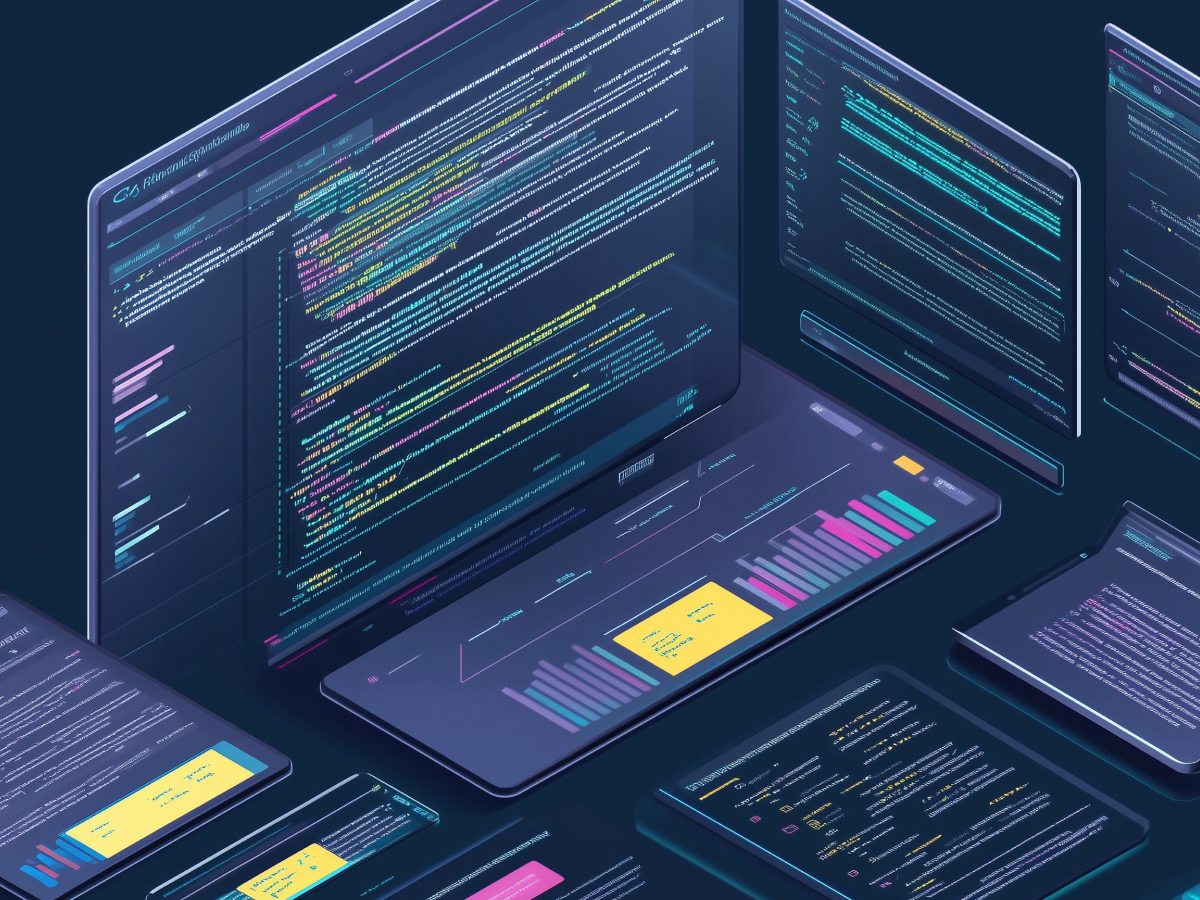GenAI is bringing new innovative technologies that have the potential to change the way we approach quality assurance (QA) and DevOps processes.
Increased need for test automation
The acceleration of software development cycles, fueled by generative AI, has increased the need for test automation. Developers can now complete tasks at a staggering pace, thanks to the assistance of GenAI.
Traditional manual testing methods struggle to keep pace with this accelerated development environment. Human testers, no matter how skilled, simply cannot match the speed and efficiency of generative AI-driven automation.
A McKinsey study details the incredible impact of generative AI on development speed, stating developers can accomplish tasks twice as quickly with its assistance. This immense increase in coding efficiency shows the essentiality for automated testing.
Generative AI complements, not replaces
Precision, predictability, and contextual understanding brought by human testers are irreplaceable. Human testers are the best at thinking critically, anticipating unique edge cases, and applying domain knowledge effectively.
Generative AI is unbeatable for automating repetitive and routine tasks, generating vast quantities of test cases quickly, working in tandem with human QA practices, not supplanting them.
The optimal approach is to use generative AI to automate the mundane and labor-intensive aspects of testing while preserving human expertise for tasks that require intuition and creativity.
Faster feedback on code changes
Integrating generative AI into Continuous Integration/Continuous Deployment (CI/CD) pipelines is an excellent solution to the need to accelerate the identification of defects and other issues.
Generative AI can automatically analyze code changes and pinpoint potential issues, such as regressions or compatibility problems. Detecting these issues early in the development pipeline reduces the cost and time associated with bug fixing in the latter stages.
Improved test scenarios
Generative AI contributes to the creation of test scenarios. Traditional test scenarios often suffer from obsolescence as software applications evolve and change. Generative AI offers a solution to this challenge.
Continuously updating and improving test scenarios based on real-time application changes is easily with generative AI. Algorithms adapt to changes in the application’s behavior, automatically generating new test scenarios or modifying existing ones for comprehensive coverage.
This results in more thorough and accurate testing outcomes, as the tests align closely with the current state of the software. Manual efforts required for scenario updates are drastically reduced, allowing testers to focus on higher-value tasks such as exploratory testing and risk assessment.
Rapid evolution of Generative AI tools
New tools and methodologies continuously emerge, each offering unique capabilities and advantages. DevOps teams must adopt flexible strategies that facilitate the integration of these evolving tools into their testing frameworks.
Future-proofing testing strategies is crucial when technology is in a constant state of flux. DevOps teams must maintain a keen awareness of the latest developments in generative AI.
Regularly evaluating how these innovations can improve testing processes and adapting strategies accordingly will put developers ahead.





